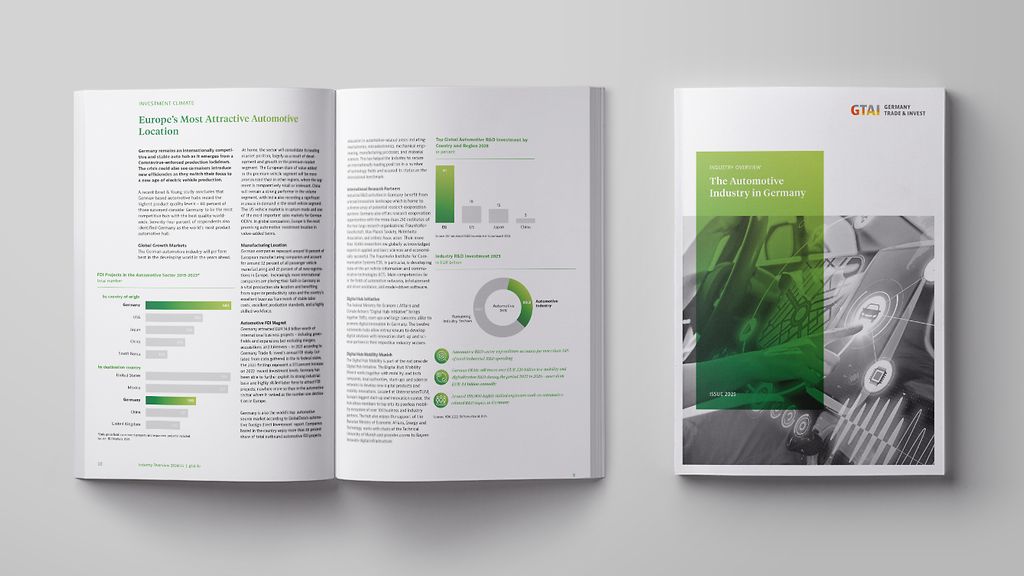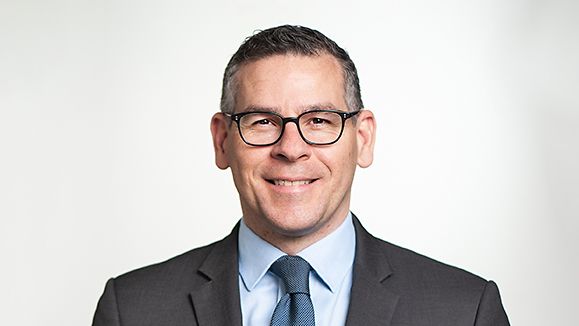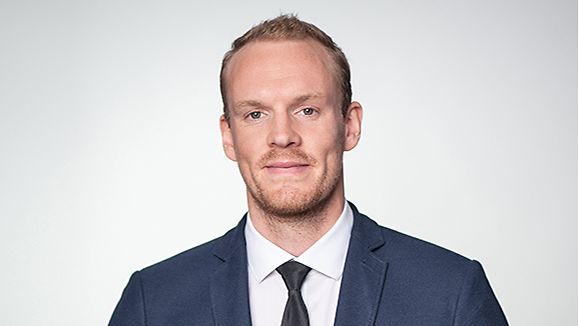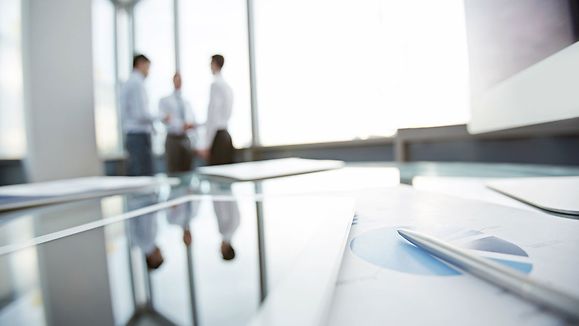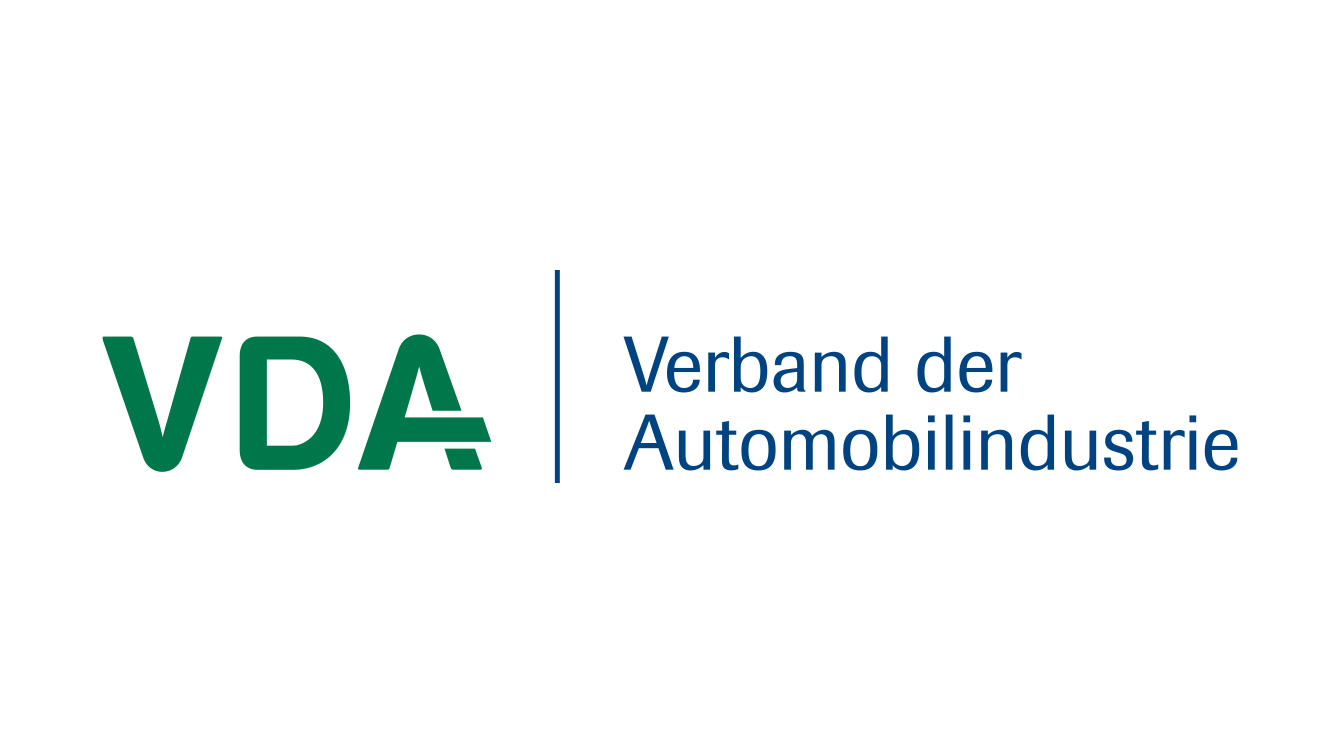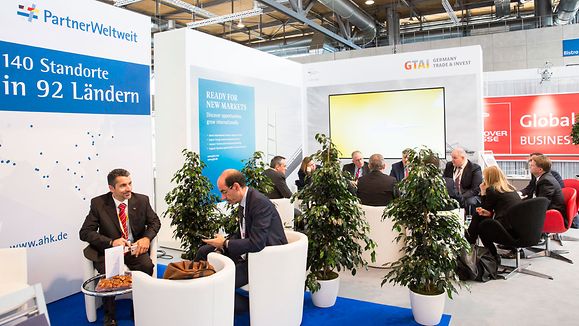Automotive Industry Revenue (in EUR)
Your company is already operating in Germany and you would now like to export worldwide?
Key Facts
Facts & Figures
- Automotive Industry Revenue: Germany’s automotive sector generates significant revenue – EUR 536.1 billion of industry revenue in 2024.
- Export Share: German passenger car and light commercial vehicle manufacturers export around EUR 372.2 billion worth of vehicles – representing 70 percent of total revenue in 2024.
- Passenger Car Production: In 2024, Germany produced 4.07 million passenger vehicles, making it Europe’s leading production site.
- Passenger Car Registration: Germany is number one in terms of new passenger car registrations, accounting for 2.8 million or 22% in 2024 of all registrations in Europe.
- Employees: The automotive industry employs 773,000 people in Germany, driving employment across various sectors.
- Research & Development: Approximately 158,000 people work in research and development within the German automotive industry, contributing significantly to innovation. Germany’s automotive prowess extends beyond its borders, with German cars embodying values of innovation, reliability, safety, and excellent design worldwide.
Opportunities
Germany’s automotive industry is at the forefront of innovation, presenting numerous opportunities across various sectors.
Advanced Automotive Battery Technology
Expect new battery chemistries for electric vehicles, faster charging times and improved safety with solid-state batteries.
Autonomous Driving (ADAS)
ADAS & Autonomous Vehicle Technology Expo focuses on best practices, case studies and innovations to accelerate next-generation vehicle development.
Digitalization/Electronics
Digitalization transforms data into meaningful value, impacting on industries like media and automotive.
E-Mobility
Electromobility includes electric cars, e-bikes and more – all aiming for climate-friendly energy supplies.
Energy Efficiency
Key for lower CO2 emissions and EU policies promote using less energy to achieve the same results.
Fuel Cell Technology
Fuel cells offer clean energy by converting hydrogen into electricity, with applications in transportation, especially in the commercial vehicle sector.
Lightweight Industry
Innovations in materials and design reduce weight, improving efficiency and sustainability.
Software Defined Vehicles (SDV)
SDVs use software to control vehicle functions, enhancing safety and increasing customization.
Business Environment
“Made in Germany” is still a world-class argument: The export outlook is particularly positive, showing a double-digit balance for the first time in almost a year. Positive developments in the US and China, the two major sales markets for German automakers, contribute to renewed market optimism. The German automotive industry continuously innovates and seeks sustainable solutions.
Regulatory Environment
Germany adheres to strict safety and environmental standards for automobile production. These regulations promote quality and sustainability. The German government also generously supports R&D in areas like electric mobility and autonomous driving.
Certification
The German automotive industry benefits from internationally recognized quality certification such as ISO 9001 and ISO 14001. These certifications enhance customer trust and facilitate exports.
Labor Laws and Collective Agreements
Germany boasts a well-trained workforce and stable labor relations. Collective bargaining agreements ensure fair wages and working conditions.
Location Advantages
Germany offers excellent infrastructure, access to skilled professionals and a central European location. These factors facilitate trade and logistics.
Comparison with Other Countries
Germany has a strong industrial base, a long tradition in automobile manufacturing and close collaboration between manufacturers and suppliers.
News
Downloads
Are you looking for detailed auto industry analyses and market opportunity reports? Download our industry overview for market insights in Europe’s most dynamic and thriving automotive market.

